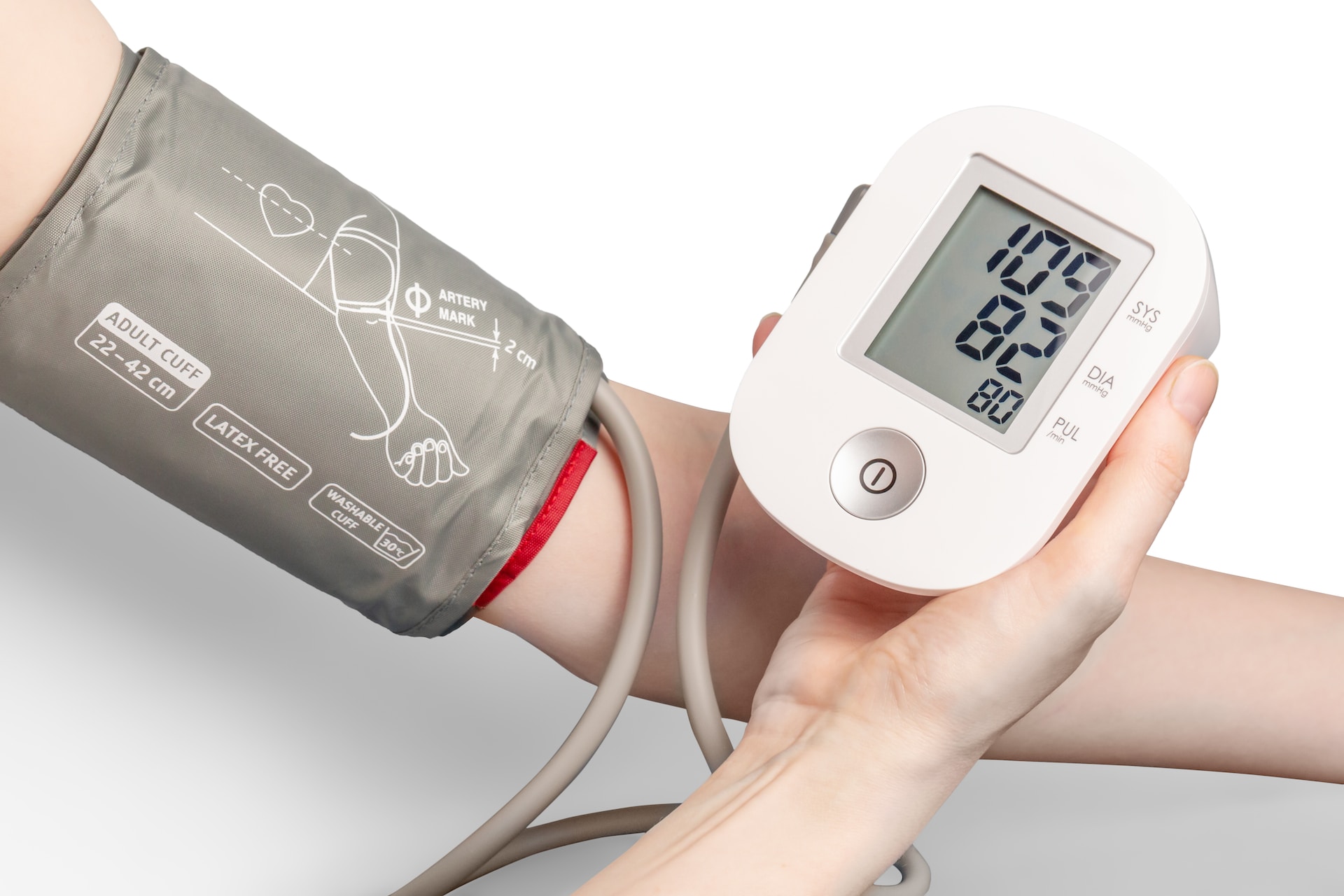What is stress?
Stress is a survival mechanism present in most mammals. The stress system enables us to fight or flee in dangerous situations by triggering a series of biological and psychological processes. Acute stress, or short-term stress, allows us to resolve situations or survive.
In today’s society, we experience stress not only in life-threatening situations but also in work, deadlines, concerns, social media distractions, or even while watching an exciting Netflix series. Chronic stress is lurking and can lead to the overload of your stress system and the nervous system (including the brain).
With excessive (chronic) stress, you are constantly on alert. This demands a lot of energy from our bodies and makes it challenging to relax and recover after exertion. In short, our energy consumption becomes disrupted, affecting both physical and mental well-being.
Physically, we may experience symptoms such as rapid, shallow breathing, palpitations, and a high heart rate. Mental stress can lead to cravings for unhealthy food, disrupted sleep, memory problems, and concentration issues. Ultimately, chronic stress can contribute to various conditions and syndromes, including chronic fatigue and/or pain, burnouts, and emotional dysregulation.
The good news is that this process is reversible. By taking the right steps, it’s possible to escape the negative spiral of chronic stress and restore balance to an imbalanced autonomic nervous system. By effectively utilizing the building blocks below, you can promote your own recovery and regain control over your life.
Contact
Interested in an informal consultation with one of our experts?
Want to know how we help people with accelerated recovery from fatigue complaints?





